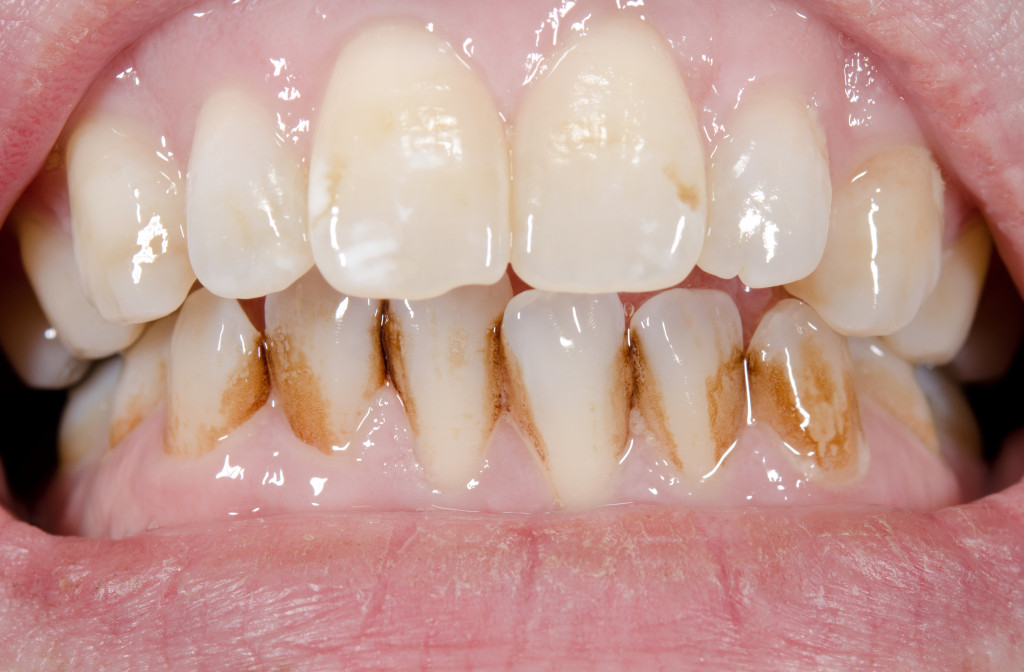Dental disorders are a common problem in the United States. For example, according to the Centers for Disease Control and Prevention, more than 60 percent of adults have had cavities in their adult teeth. In addition, tooth decay is the most common dental disorder in the United States.
Other common dental disorders include gum disease, tooth abscesses, and cracked teeth. Gum disease is caused by bacteria that accumulate on the teeth and gums.
Tooth abscesses are caused by infection of the pulp of the tooth. Cracked teeth are caused by trauma to the tooth. However, some rare dental disorders exist, such as TMJ, tooth germination, and more. These rare dental disorders can also be harder to treat because of their low prevalence. Here’s what you need to know about them and how to get them treated.
TMJ
Jaw problems can be related to dental disorders. The temporomandibular joint (TMJ) is the joint that connects your lower jaw to your skull. This joint can become inflamed and cause pain in the jaw and face.
There are many reasons for TMJ. Here are some of them:
Bruxism
Bruxism is a relatively common dental disorder and one that can cause TMJ. It is the act of grinding or clenching your teeth. This can happen during the day or at night. It can be caused by stress, misaligned teeth, gum disease, and more.
People who have Bruxism have a good chance of developing TMJ because of the inflammation and damage that it does to the joint. Treating TMJ caused by Bruxism can include bite plates, mouth guards, and therapy.

Misaligned Teeth
Misaligned teeth can also lead to TMJ because it puts extra stress on the joint. This can be treated with braces or other orthodontic treatments.
Gum Disease
Gum disease is another common dental disorder that can cause TMJ. This is because gum disease leads to inflammation of the gums, which can put pressure on the temporomandibular joint. Treatment for gum disease includes deep cleaning, antibiotics, and more.
In some instances, TMJ can get better by itself. Some home remedies include:
- Applying ice to the joint
- Taking over-the-counter pain medication
- Eating soft foods
- Avoiding hard and chewy foods
- Practicing jaw exercises
You’ll need a professional’s help if home remedies don’t work. Visit your local dentist’s office and get a check-up. Usually, they’ll give you a mouthguard. In some situations, they’ll suggest surgery.
Abnormal Tooth Germination
Abnormal tooth germination is when a tooth grows abnormally. This can cause the tooth to be misaligned, extra sensitive, or have a higher risk of cavities. Treatment for this disorder depends on how severe it is.
In some cases, all that’s needed is fluoride treatment and dental sealants. However, braces or other orthodontic treatments may be necessary in more severe cases.
Dentinogenesis Imperfecta
Dentinogenesis imperfecta (DI) is a rare genetic disorder affecting teeth. People with this disorder have teeth that are weaker and more susceptible to cavities and fractures. They may also have blue or gray teeth. There are various reasons for it. Here are some of them:
Genetics
The most common cause of DI is genetics. It can be passed down from generation to generation.
Fluoride Exposure
Fluoride exposure can also lead to DI. This is because fluoride can damage the tooth’s enamel and make it more susceptible to cavities and fractures.
There is no cure for DI. However, some treatments can help. Treatment depends on the severity of the disorder.
In mild cases, all that’s needed is fluoride treatment and dental sealants. In more severe cases, braces or other orthodontic treatments may be necessary. However, other forms of treatment include:
- Crowns
- Bonding
- Veneers
- Implants
Tooth Erosion
Tooth erosion is when the tooth’s enamel is worn away. In addition, acidic foods and drinks can cause GERD, brushing too hard, and more.
There are various ways to deal with erosion:
- Change of diet: What you eat can play a role in tooth erosion. Avoiding acidic foods and drinks can help reduce your risk of tooth erosion.
- Fluoride: This is a mineral that can help strengthen teeth and protect them from decay
- Good oral hygiene: Brushing your teeth twice a day, flossing daily, and using mouthwash.
- Sealants: This is a thin coating applied to the chewing surfaces of the back teeth. It can help protect them from decay.
Tooth erosion isn’t a complicated dental disorder, but one that can lead to some severe consequences if not taken care of.
Dental disorders are relatively common, but some are rarer than others. Here we’ve listed four rare dental disorders and how to deal with them. If you think you may have one of these disorders, you can usually treat them yourself. But a dental professional can help you if it gets too complicated.

